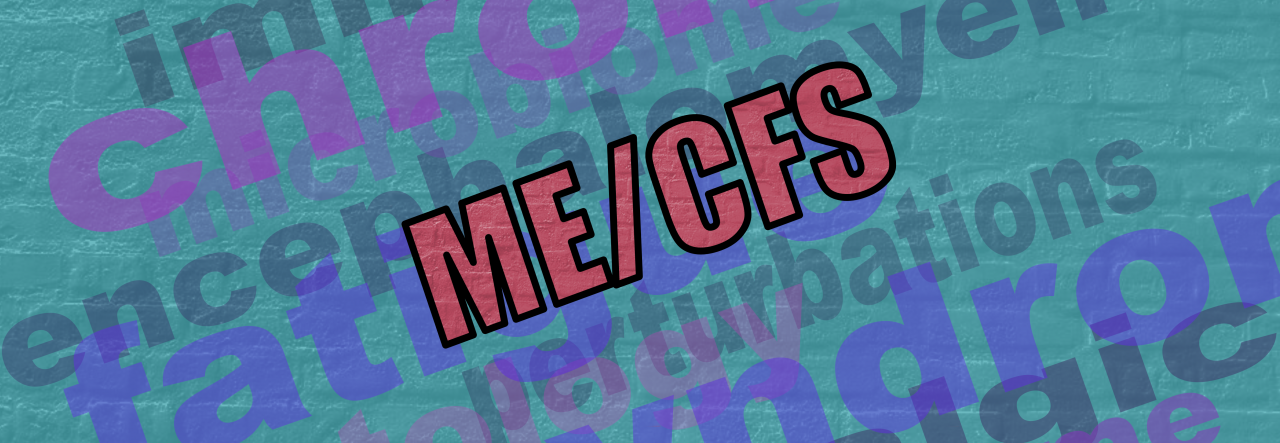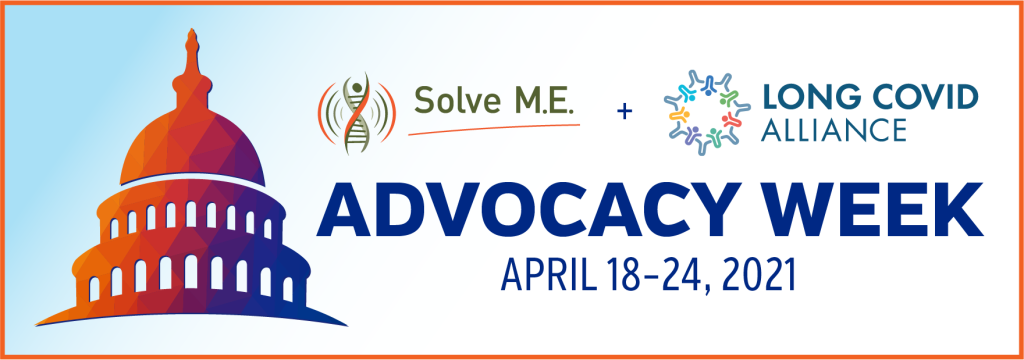
We previously posted that the JAX ME/CFS CRC project was temporarily put on hold during the beginning of 2020 due to COVID. In August of 2020, we started receiving samples again from subjects in our ME/CFS and healthy control cohorts, and our clinical partners at the Bateman Horne Center have now finished collecting samples from time points 1 and 2, and are working on the last set, the time point 3 samples. To date, we have over 450 blood and stool samples that have been collected across the 3 time points, and will likely have close to 500 samples once we’re done collecting time point 3. In early March 2021, we began our flow cytometry experiments on all of the blood samples we have received to look for differences in the immune cells between people with ME/CFS and healthy controls. We run all time points from the same subject in one experiment so that they can be easily compared to each other. We hope to run all the blood samples through flow cytometry in the next year or so, and analyze all of the data so that we can see the functional differences between healthy controls and people with ME/CFS.
Another exciting development at our Center is that we have very recently received NIH and Institutional Review Board (IRB) approval to begin an additional collaboration with the Bateman Horne Center to collect samples from a new cohort of patients who previously had COVID-19, and have since been experiencing ME/CFS-like symptoms, or “long-COVID.” Long-COVID, or post-acute COVID syndrome (PACS), is very similar to ME/CFS, with sufferers experiencing many of the same chronic and debilitating symptoms. The goal of this new collaboration is to recruit about 40 subjects with PACS, and collect blood samples from them every 3 months over the course of the next year. We will then be able to compare the immune profiles of people with PACS to our subjects with ME/CFS to see how similar these two diseases are. BHC has just started recruiting subjects, and last week we received blood samples from our first 2 subjects, and expect to receive a few more this week. For this project, we are also collaborating with the ME/CFS CRC at Columbia University, and W. Ian Lipkin’s group will be probing the metabolome and looking at proteomic and transcriptomic data of these very same subjects. We are very excited about this collaboration, and hope that it can bring us new understanding about PACS and its relationship to ME/CFS.
Check back soon for more updates from our Center!

